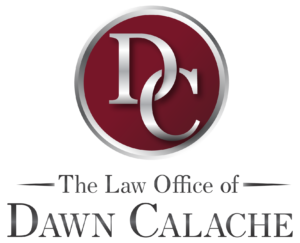In order to determine which debtors are truly not able to pay back some, or all, of their debt, Congress enacted laws requiring consumer debtor(s) to pass a “Means Test” before they can be presumed to qualify for Chapter 7 bankruptcy. (This type of bankruptcy allows for a quicker and less costly process to discharge debts, but also may require the debtor to lose some assets, if the assets exceed what they are allowed to keep pursuant to the law in that jurisdiction.) The Means Test requires that the debtor’s monthly income is compared to the state median income level for the specific household size of the debtor.
If the debtor’s income is below the state median, the individual passes the test. If it is above the state median, the debtor goes on to round two of the tests; seeing if the debtor’s disposable income is below a certain amount. (The debtor’s disposable income is the hypothetical amount of income left over after the debtor pays certain “allowed” monthly bills). If the debtor’s disposable income exceeds the limit that is set, he or she may instead have to consider Chapter 13 bankruptcy (the “wage earner plan”).
For some individuals, the Means Test can get very complex. We can take you through the Mean’s Test and help you ensure that you are properly assessing your Chapter 7 bankruptcy eligibility.
Helping You Find the Best Solution
So, if you pass the means test, does that mean you should file for Chapter 7 bankruptcy?
- Not necessarily. There may be some individuals who have financial circumstances that make this type of bankruptcy more harmful than beneficial. Even if you qualify for Chapter 7 bankruptcy, you could end up finding that Chapter 13 is actually a safer or more effective debt relief solution for you. It is important that you discuss your financial situation and goals with a qualified lawyer before deciding what your next move will be. Contact our firm so we can help you see if filing for Chapter 7 bankruptcy is the right choice!
